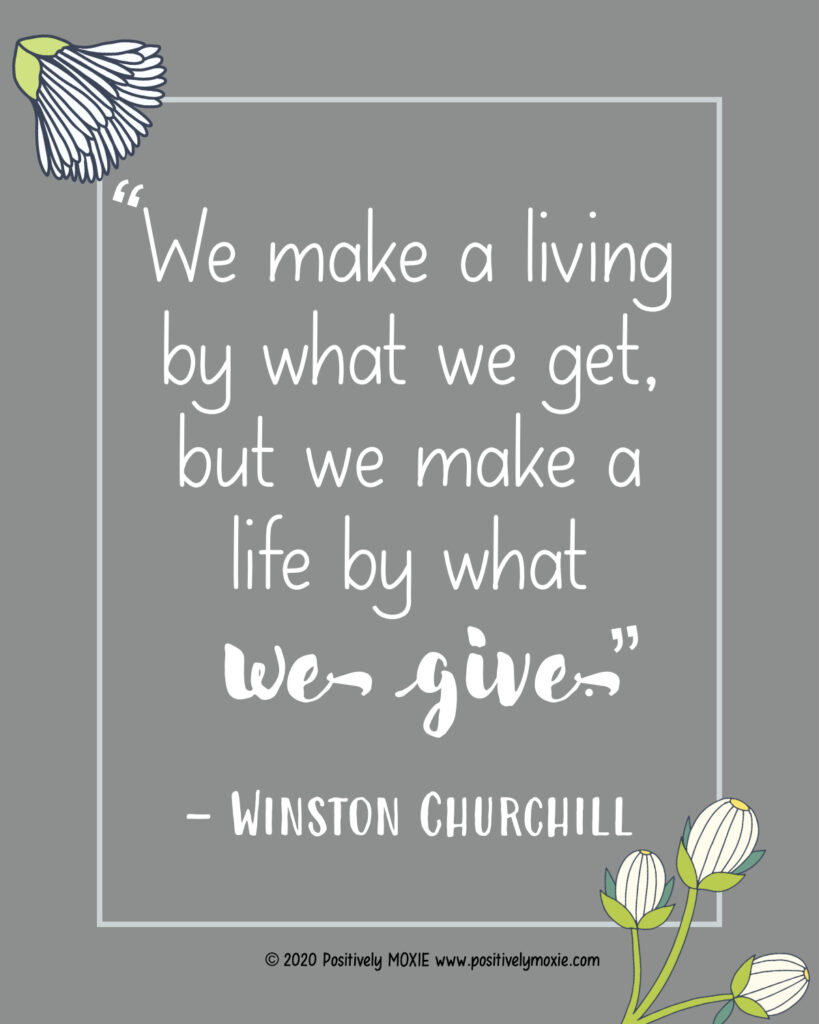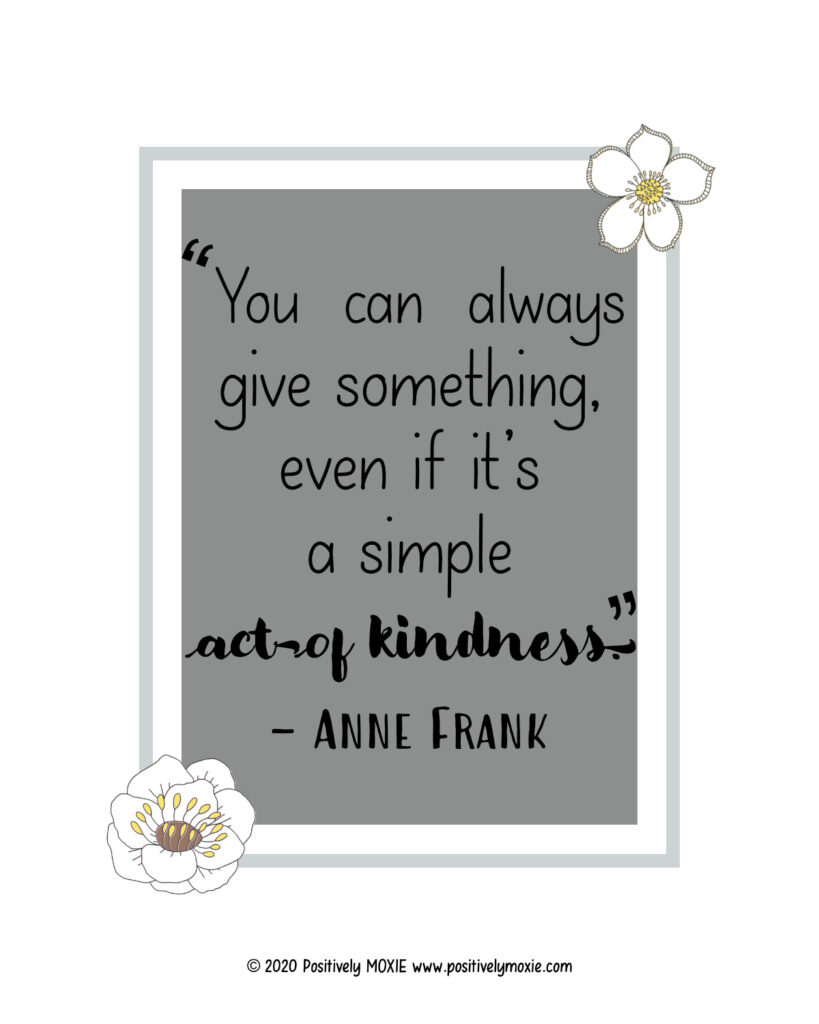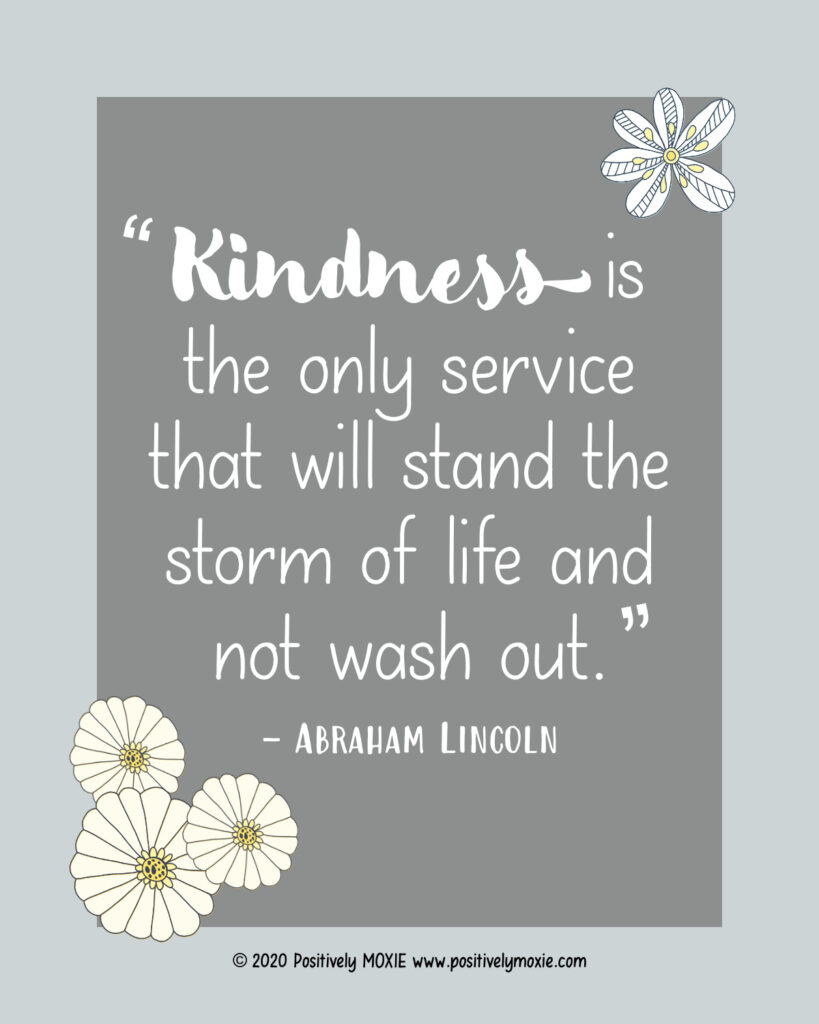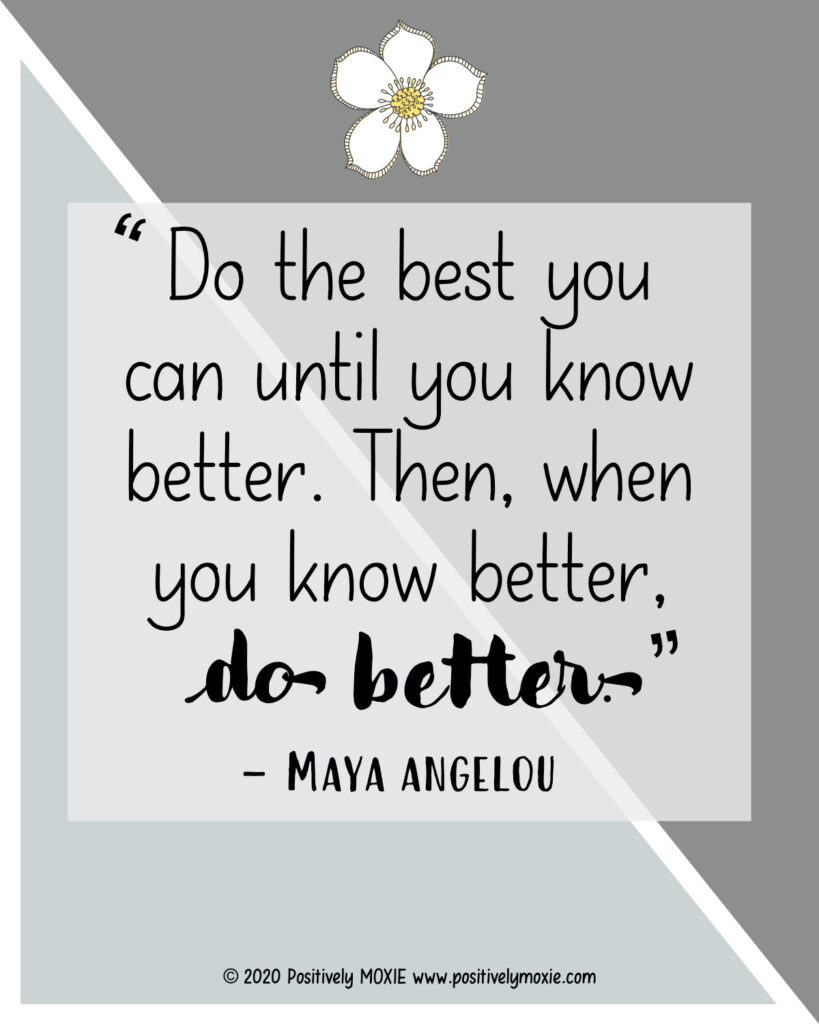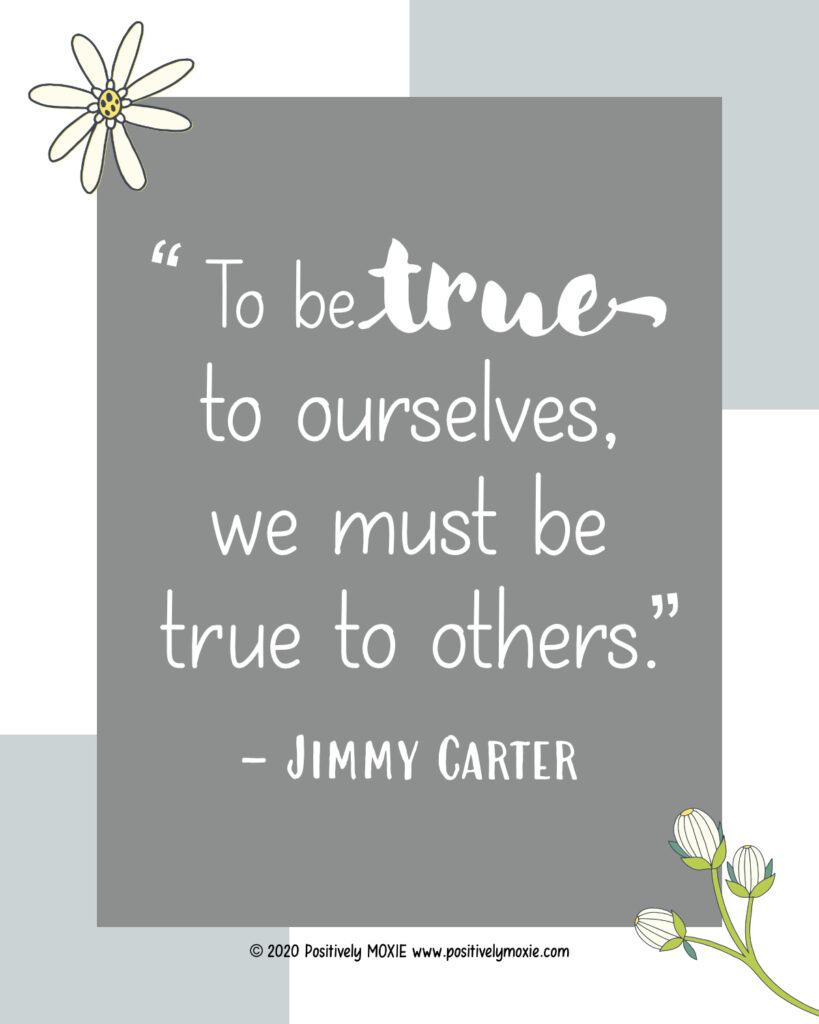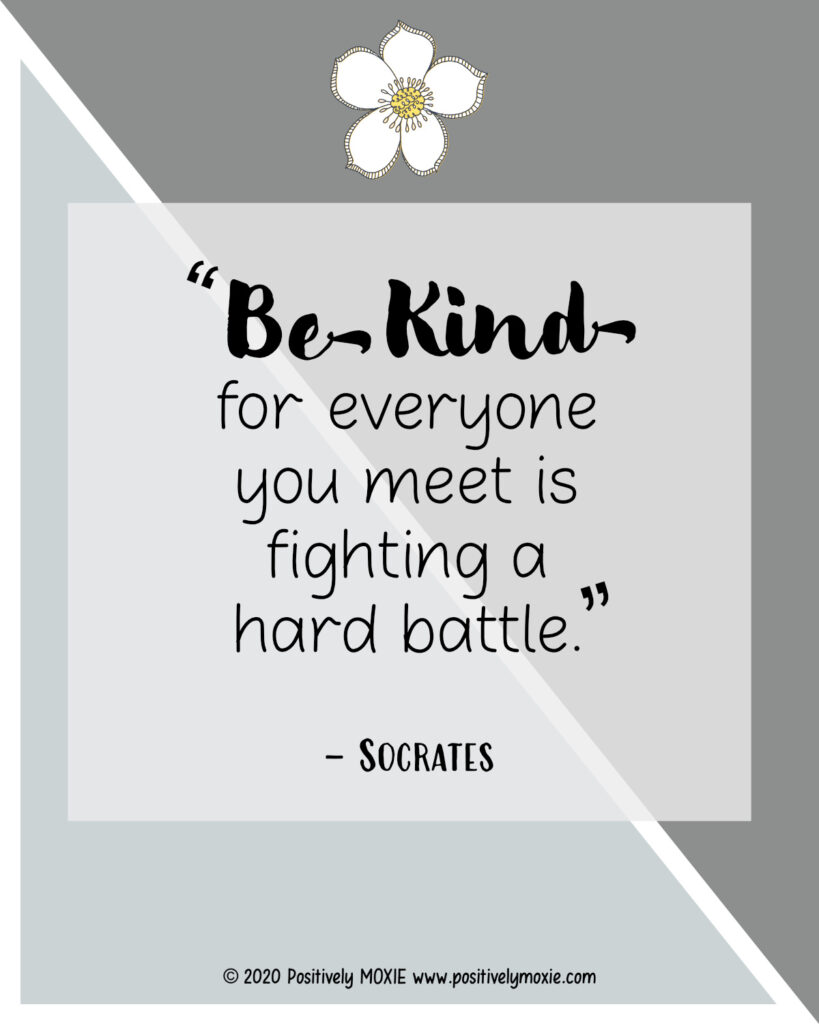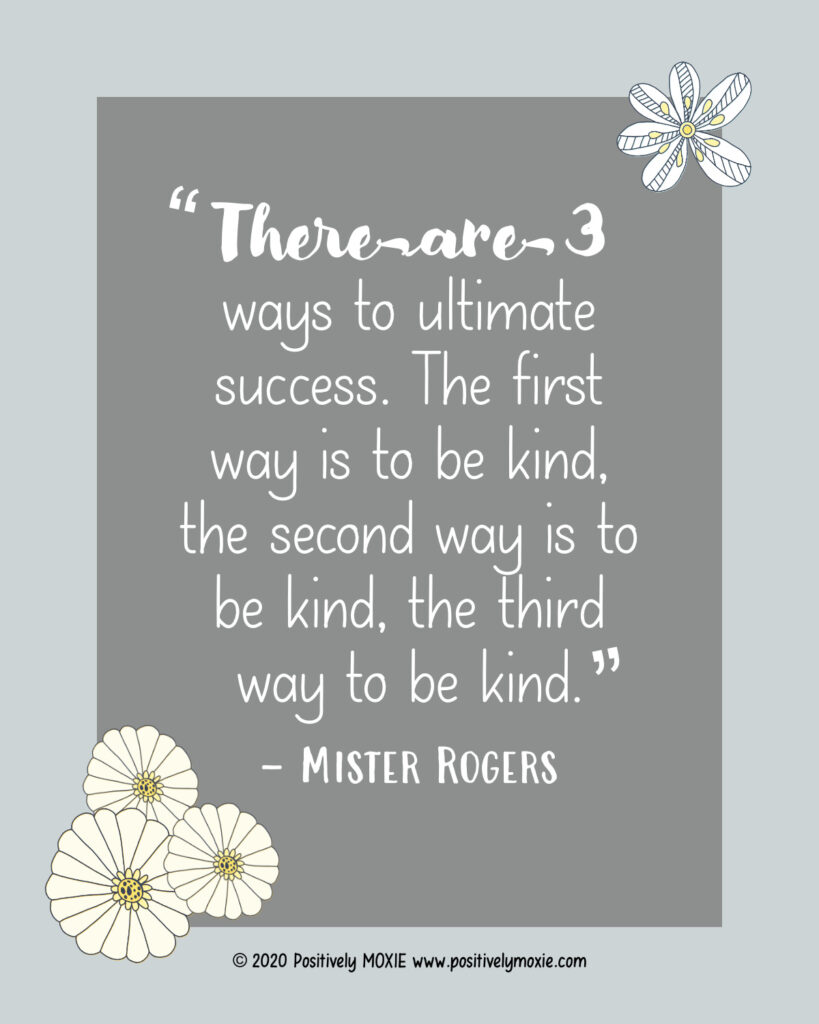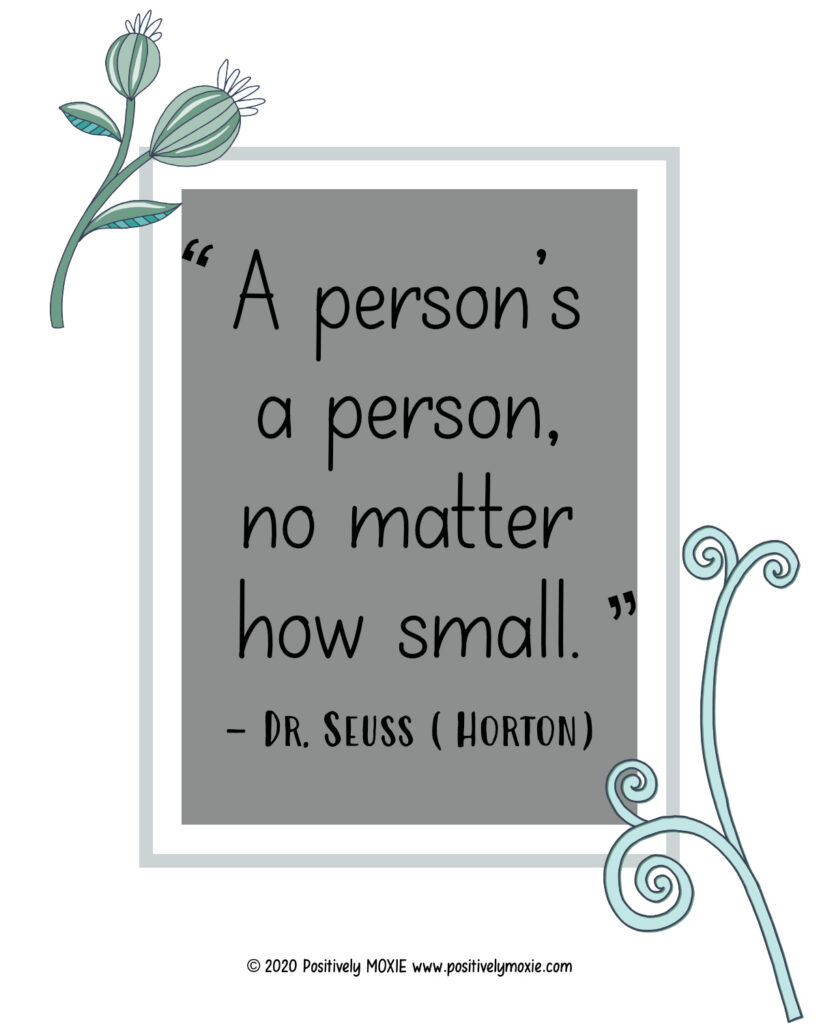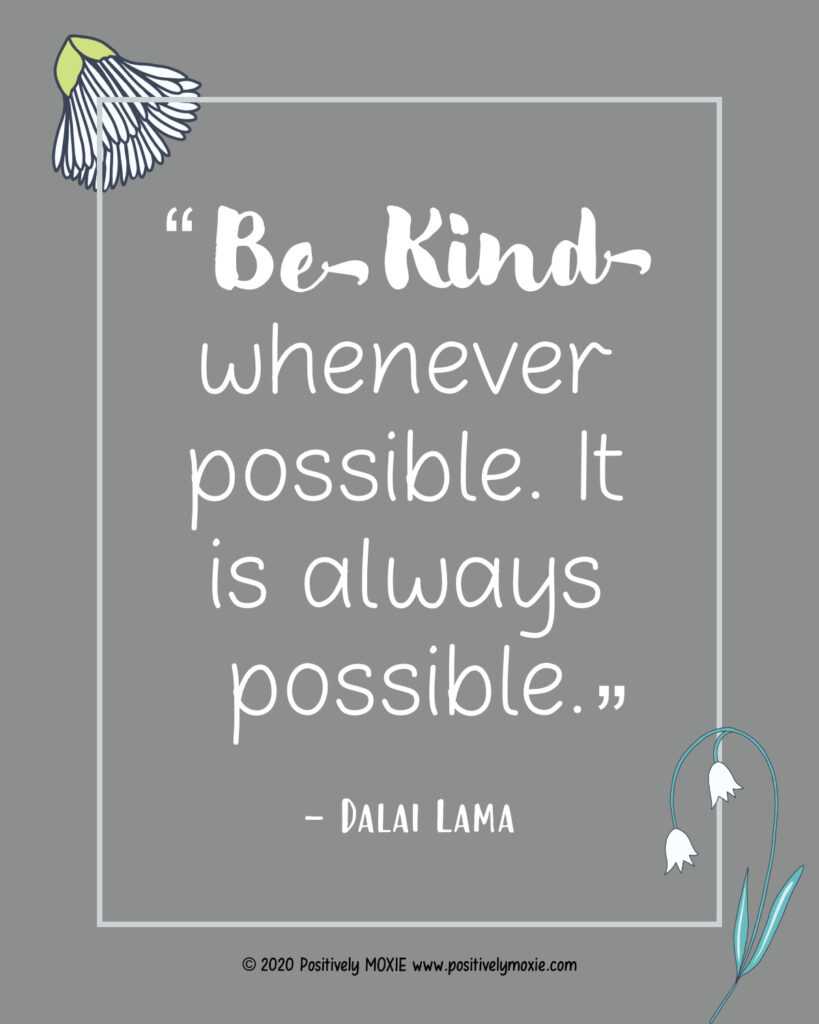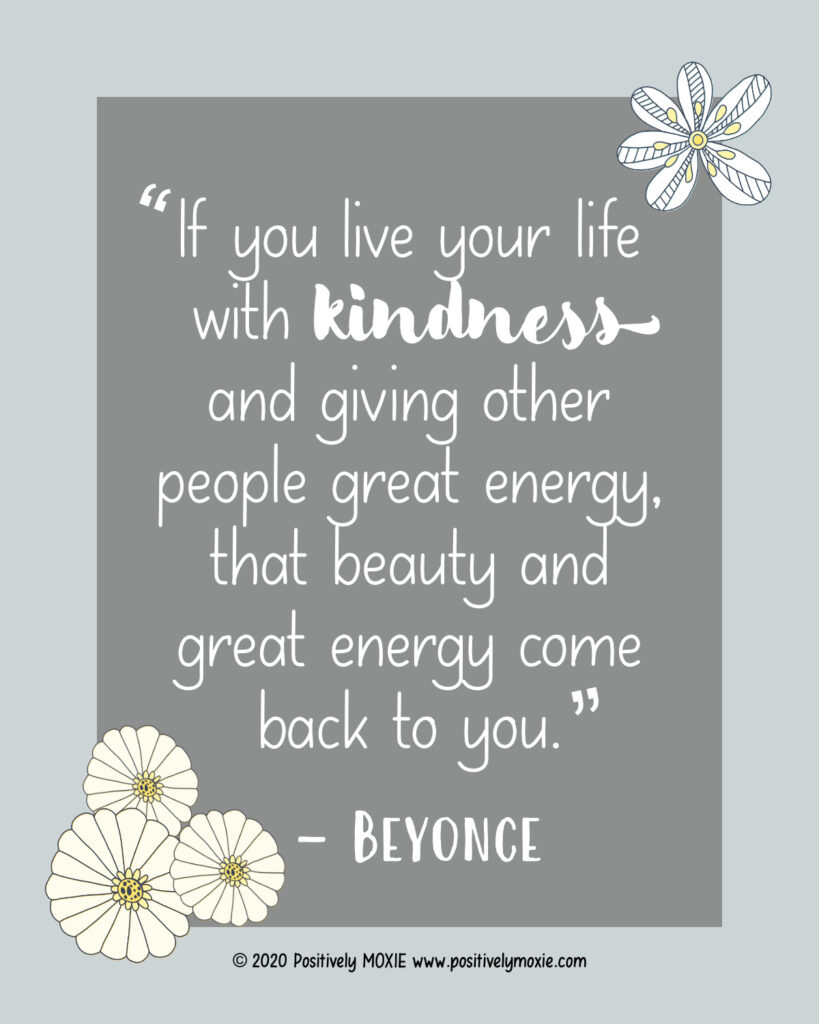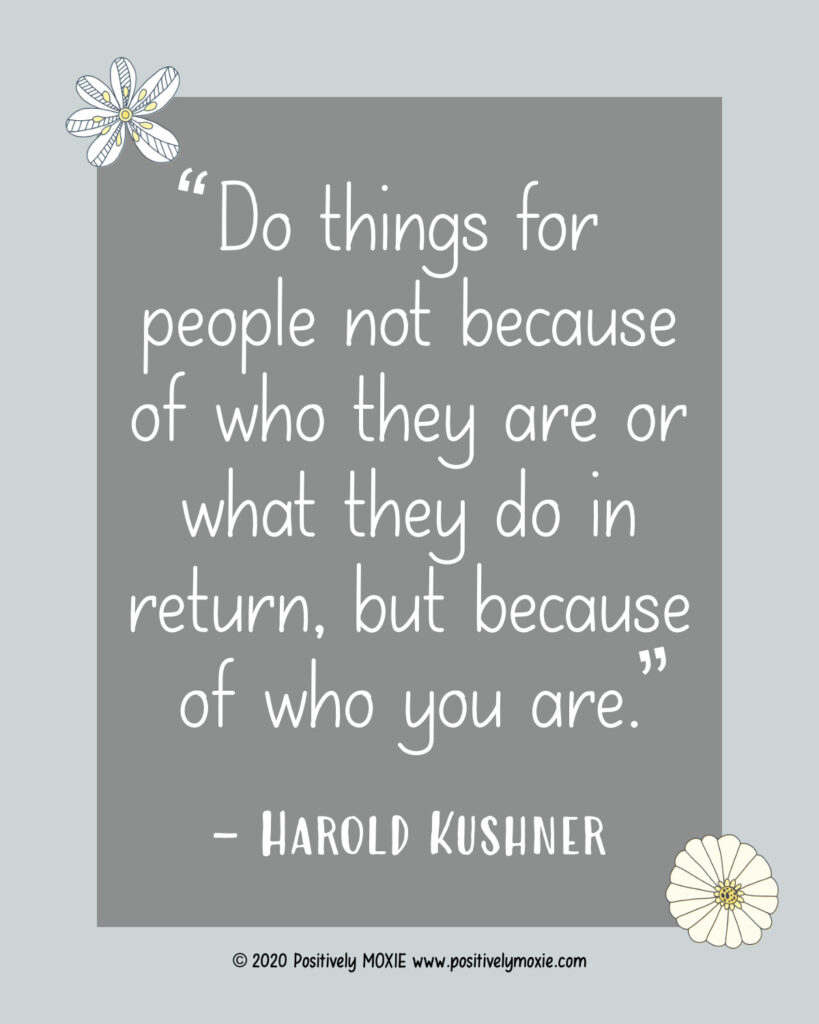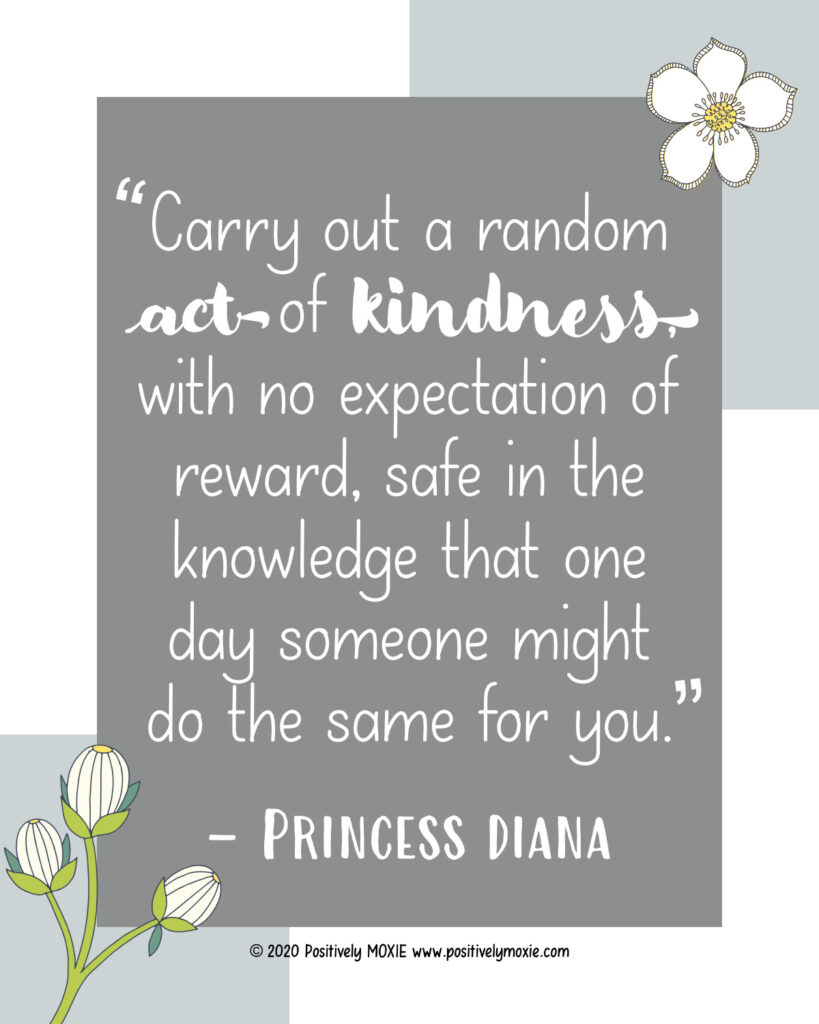Do you know all of the benefits of kindness? And the benefits are just as much – or more – for the giver as the receiver? Kindness benefits everyone and many of the most meaningful acts of kindness don’t cost a dime!
What is an act of kindness?
An act of kindness is something that we do for others with love in our hearts and without expectation of reciprocation. Kindness is a “benevolent and helpful action intentionally directed toward another person…and is motivated by the desire to help another…” (APA Dictionary of Psychology, 2014). Ultimately, kindness takes action, and often courage. We see kindness in many big and little actions. It may show up as a comforting hug, encouraging words, a helpful or generous act, or a friendly smile. These kind actions are free and benefit everyone!
What are the benefits of kindness?
Children who show kindness will thrive in school and beyond. They develop empathy, connectedness and resilience. Being kind sparks childrens’ physical and emotional well-being. Begin kind stimulates the vagus nerve and helps our bodies and brains become stronger – promoting a sense of calm, connectedness, and purpose. Interestingly, kindness activates a specific region of our brain, the prefrontal cortex, which processes emotions. This is why children who are kind can better manage their emotions to navigate the ups and downs of life.
Four research facts about kindness
- According to research from Emory University, your brain’s pleasure and reward centers light up just as much when you are kind the same as when you are the giver or the recipient. (Rilling et al., 2002)
- Middle schoolers who believe their parents value being helpful, respectful, and kind perform better in school and are less likely to break rules. (Ciciolla, L., 2017).
- Eighth graders with the greatest academic achievement are not the ones who got the best marks five years earlier; they’re the ones who were rated most helpful by their third-grade classmates and teachers. (Grant & Sweet Grant, 2019)
- Smiling really is contagious. In a study conducted in Sweden, when people looked at others who were smiling, their muscles twitched into smiles involuntarily. (Dimberg, et al, 2000).
How to Teach Kindness
You may find our lessons helpful in teaching kindness. The Kindness Bundle and Empathy Bundle contain unique activities, ideas, and information.

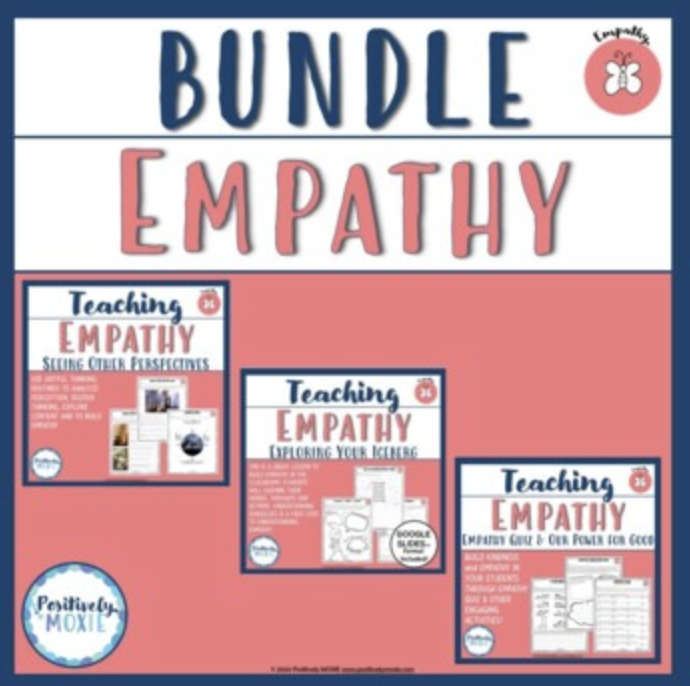
15 Quotes about Kindness | Free printable posters
